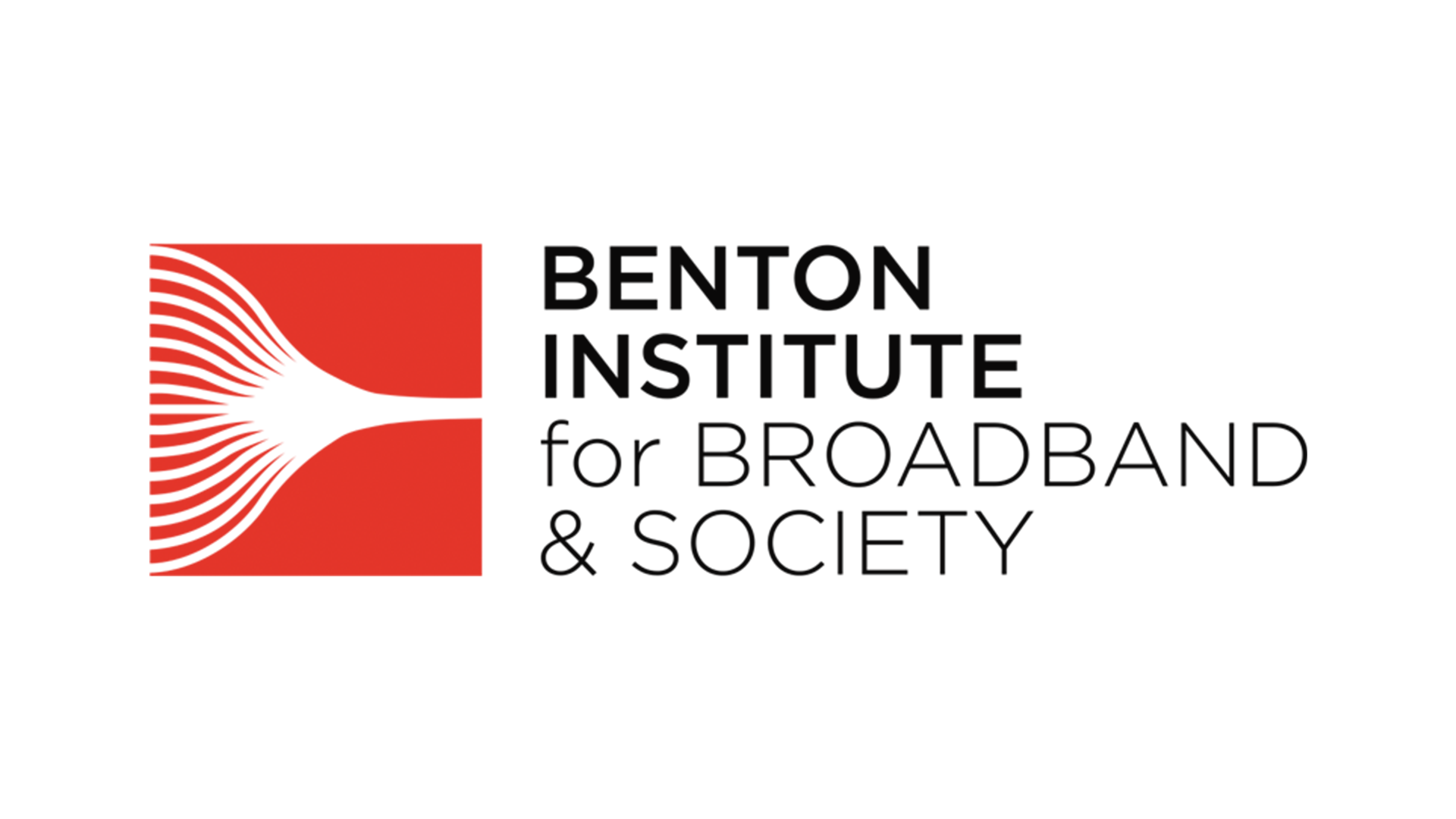
Low Earth Orbit Satellite Broadband Is Critical To Last-Mile Connectivity

Source: Chamber of Progress
Author: Aden Hizkias
Coverage Type: Analysis
Affordable, accessible broadband unlocks tremendous economic, educational, and telehealth opportunities. Accordingly, achieving true universal broadband connectivity has been a long-standing bipartisan goal. Despite years of heroic eort, many parts of rural and hard-to-serve America lacked affordable access to broadband until recently. The advent of low Earth orbit (LEO) satellite broadband services like SpaceX’s Starlink and Amazon’s Project Kuiper has transformed connectivity for the better. Chamber of Progress has long supported public policy to advance LEOs. Wherever outdated or ineffective regulations are slowing—or unnecessarily increasing the cost of—satellite broadband, the Federal Communications Commission should reform those policies. Accordingly, we support the SpaceX petition for rulemaking on updating equivalent power flux density (EPFD) rules to accelerate the deployment of competitive LEO choices. Past EPFD limits reflected a previous generation of technology, including initiatives such as SkyBridge, which failed to materialize. EPFD limits should reflect contemporary technological realities. As Amazon has noted, “regulatory EPFD limits … represent the single greatest operational restriction for systems like Kuiper.”
